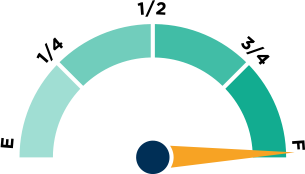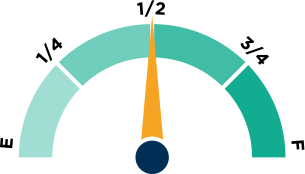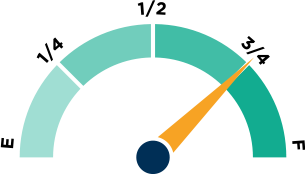Tennessee
Rank
Tennessee climbed 7 spots to 14th, earning a C+ with ESA expansion. The Volunteer State is opening new doors, inviting families to explore diverse, tailored learning options.
Tennessee created a new semi-independent Statewide Commission to authorize schools, a good step to be sure, but it had a rocky start in its initial attempts to authorize and become independent of political influences. Lots more to be done as the state's...
Tennessee offers dual enrollment for college credit in high school and CTE programs provide career-focused learning opportunities across the state. The state also has Innovation Schools/Zones, allowing flexibility in curriculum and school model, but the state...

Governor Lee has been a steadfast advocate for education freedom, demonstrating resilience and determination in advancing school choice initiatives. After facing significant legislative hurdles in 2024, he secured major victories in the 2025 session with the...
Despite strong opposition in 2024, education freedom advocates, united under the Governor's leadership, pushed forward with determination and volunteerism. Their efforts culminated in the passage of Education Freedom Scholarships in 2025, and while universal...
A record number of states now offer universal Education Savings Accounts (ESAs)—giving nearly all families access to public funds to customize their child's education.

School report cards are easily accessible under the “Top Links → Report Card” tab from Tennessee's Department of Education website. Reports include information on performance indicators on student growth and academic achievement, attendance, staffing, and...

One of many data points to assess whether a state has the right policies in place to ensure teacher quality is the "use of student achievement data in teacher preparation accountability." How empty or full the fuel tank above is will give you the answer for your state.

There is no Blaine Amendment in Tennessee and opinions have confirmed that providing for educational choice through vouchers would be constitutional.